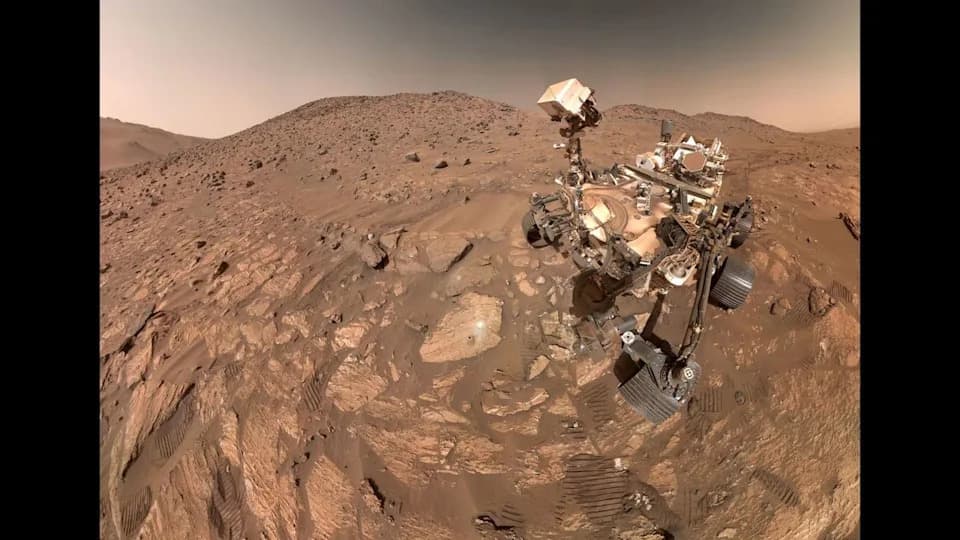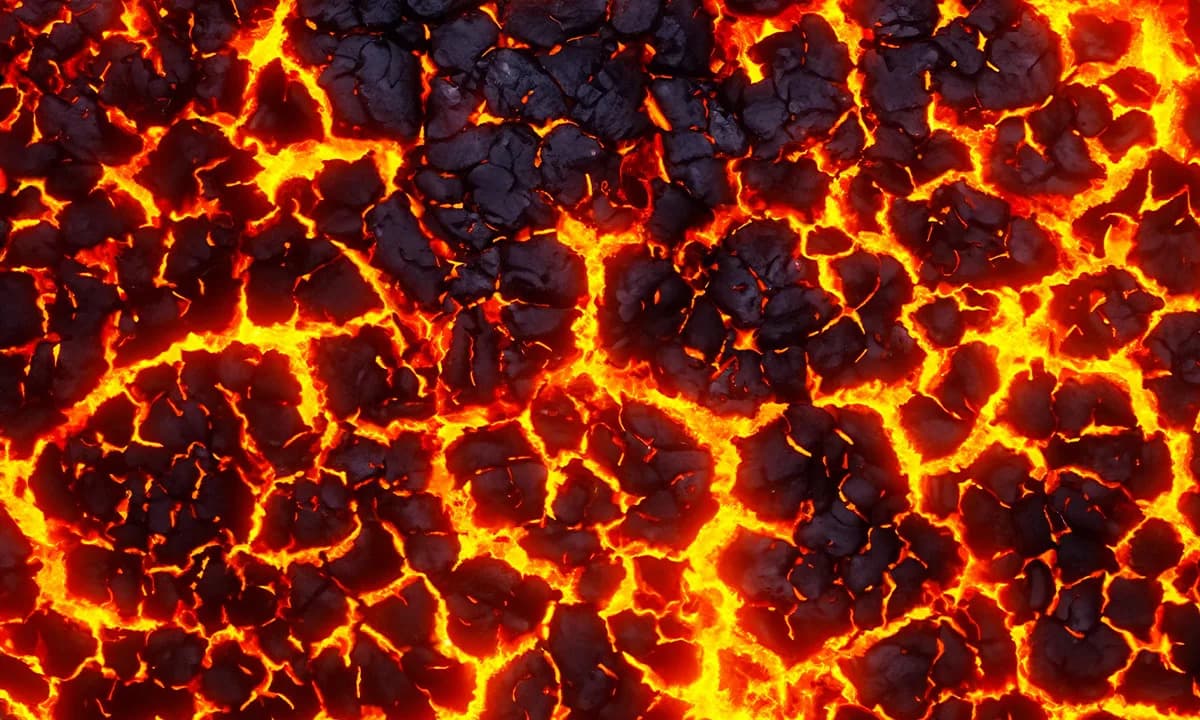Researchers at Hokkaido University report that moss spores exposed on the exterior of the ISS for nine months in 2022 survived and could still germinate after being returned to Earth. Although chlorophyll degraded, over 80% of spores remained viable. Different species showed traits such as UV and heat resistance, suggesting possible uses in planetary greening and life-support systems. The findings, published in iScience, highlight bryophytes' resilience and potential role in future off-Earth habitats.
Moss Spores Survive Nine Months on the ISS — and Still Germinate After Return

Summary: Moss spores exposed to outer space on the exterior of the International Space Station (ISS) for nine months in 2022 survived extreme conditions and retained the ability to germinate after being returned to Earth, according to a study by researchers at Hokkaido University published in the journal iScience.
What the experiment did
Scientists mounted samples of bryophyte spores (mosses) to the outside of the ISS and left them exposed for about nine months. The aim was to test how well these ancient, hardy plants tolerate the combined stresses of vacuum, temperature extremes, intense radiation and ultraviolet light in real space conditions.
Key findings
More than 80% of the spores remained viable after the nine-month exposure, despite notable degradation of chlorophyll, which reduced their green coloration. Different moss species showed distinct protective traits: some appeared more resistant to ultraviolet radiation, heat and intense light, while others demonstrated qualities that could be useful for future applications in planetary greening and life-support systems.
Why it matters
Bryophytes have existed on Earth for at least 500 million years and are known for tolerance to desiccation, freezing and radiation—traits that made them strong candidates for this kind of experiment. Crucially, spores retrieved from the ISS were able to germinate once returned to Earth, demonstrating not only survival but functional recovery and reproductive potential after prolonged space exposure.
Implications
The results expand our understanding of the limits of terrestrial life and support the idea that resilient, low-maintenance plants like mosses could play a role in future off-Earth habitats. Possible applications include small-scale life-support components, soil formation or "planetary greening" experiments on the Moon or Mars, and further studies into biological resilience that may also inform terrestrial conservation under climate stress.
Source: Research team at Hokkaido University; study published in iScience.
Help us improve.




























